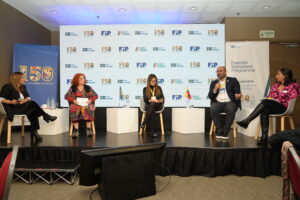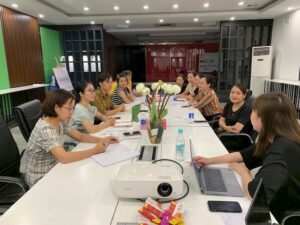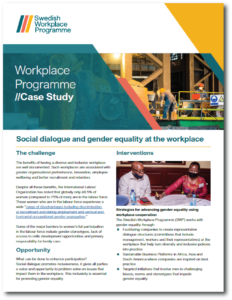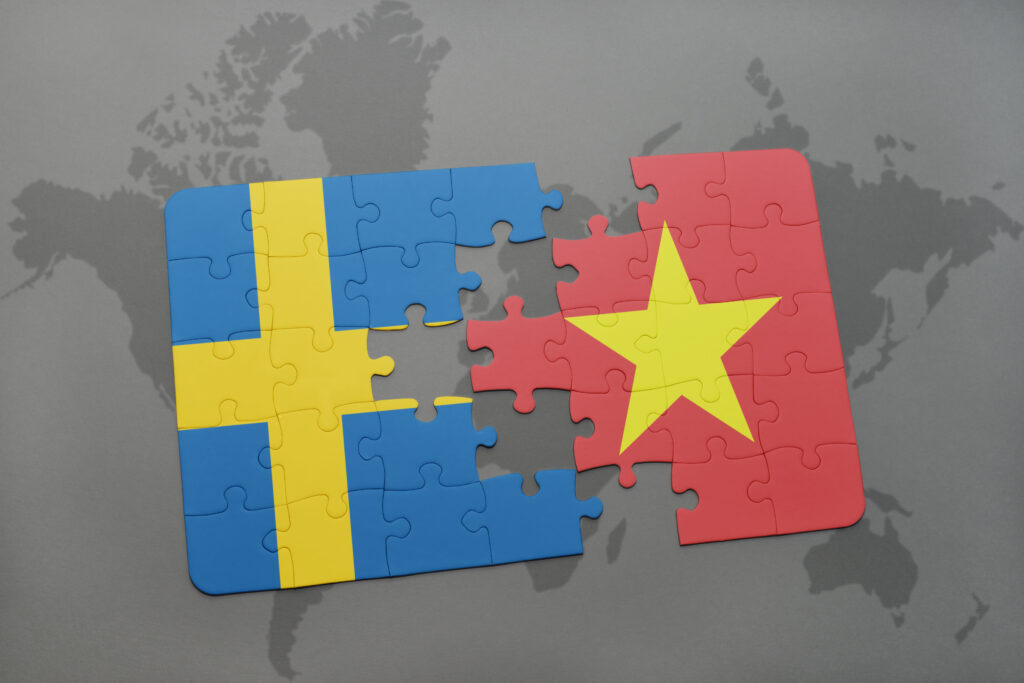
SWEDEN / VIETNAM HR NETWORK
To increase the understanding of what it is like to work with human resources in different cultures SWP arranged four digital meetings for people working with HR in Sweden and Vietnam. SWP also put together mentor pairs for mutual exchange between the meetings. People from, among others, Tetra Pak, Electrolux, Saab, Ericsson, Atlas Copco, Hitachi Energy, ABB and several local companies in Vietnam participated in the network.

” The meetings have given me more insight into how the culture we live in affects working life and how we look at things like gender equality, work environment and mental health. What employees in Sweden think is important for their wellbeing does not have to be the same in Vietnam, for example”, says Hannah Ekendahl, HR Business Partner at Hitachi Energy in Sweden.
From global policy to practice
Global policies are not received and understood the same way all over the world. Hannah Ekendahl believes that this insight is important to have for everyone working with HR at global companies.
“Otherwise, there is a risk that you get narrowminded and think that global policies are received and understood the same way all over the world”.
“An extremely simple and effective way to create a greater understanding of what inclusion means in practice”
During the meetings, external lecturers talked about intercultural communication, mental health, diversity and inclusion, and workplace cooperation. Great focus was on group discussions to exchange experiences and learn from each other. Since the working cultures in Sweden and Vietnam differ a lot, not at least when it comes to hierarchy, there were a lot of interesting discussions.
“Meeting and discussing a specific topic, with people who have a completely different background, is an extremely simple and effective way to create a greater understanding of what inclusion means in practice,” says Hannah Ekendahl.
Mentor pairs for mutual exchange
To provide an opportunity for further discussions between the meetings, SWP offered the participants to be part of a mentor pair for mutual exchange between the countries. Hannah Ekendahl, was paired with Ngan Doan Thi, Learning & Development Partner at Hitachi Energy in Vietnam. They belong to the same group but would probably not have gotten in touch if it were not for the network.
“It’s great fun to get the chance to get to know an HR colleague from a completely different culture. Among other things, we have discussed how we can work to further improve diversity and what similarities and differences there are between our countries and what we can learn from each other”, says Hannah Ekendahl.
Starting point for HR-network in Vietnam
After the series of seminars HR practitioners located in Vietnam initiated their own network for exchange and learning around topics like diversity and inclusion, employee engagement and workplace cooperation.
